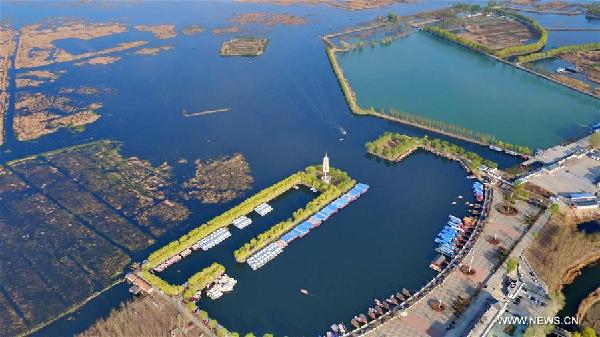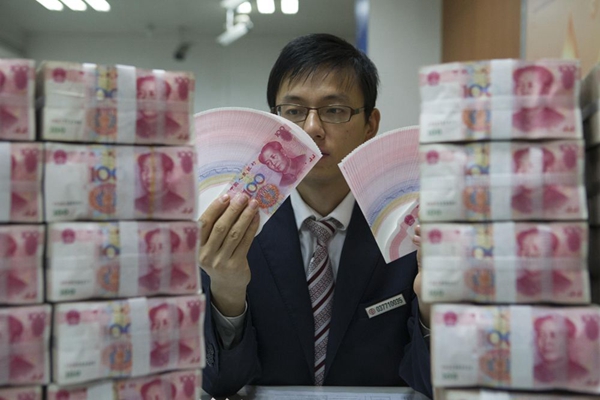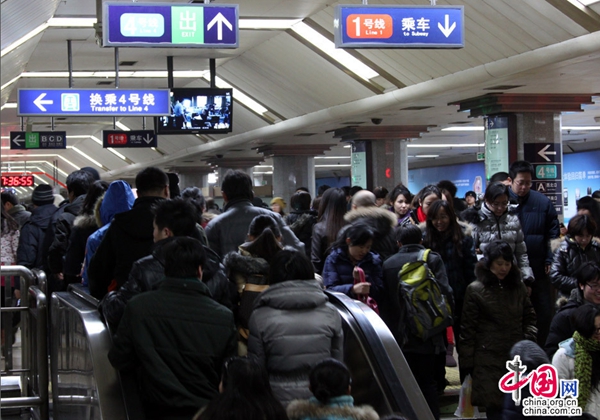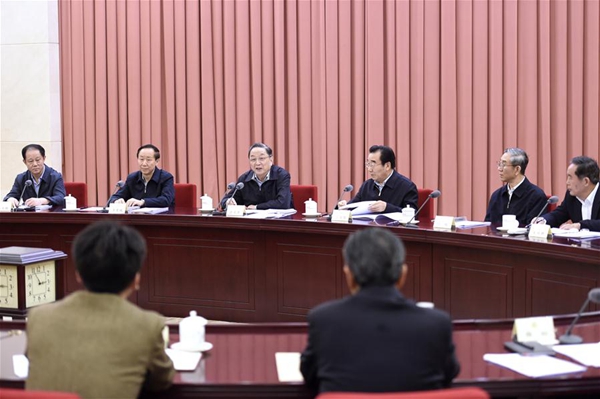Colleges, hospitals to be moved to Xiongan New Area
 |
|
Aerial photo of Xiongan New Area [Photo/Xinhua] |
Some hospitals and universities will relocate from downtown Beijing to suburbs and nearby Xiongan New Area in Hebei Province to relieve the city of functions nonessential to its role as China’s capital, 21st Century Business Herald reports.
Construction on some projects is likely to begin within the year, it said.
Beijing’s development and reform commission recently unveiled key construction initiatives for 2017, including nine that involve new, expanded or relocated projects for colleges and hospitals including Renmin University, Beijing Film Academy, Beijing Friendship Hospital and Peking University People’s Hospital.
Earlier reports said some of the city’s administrative agencies, companies, financial institutes, colleges and research institutes would be moved to Xiongan.
Chen Yao, a research fellow at the Chinese Academy of Social Sciences, said colleges, hospitals and related operations, institutions and agencies could all shift to this area in future.
Yin Zhigang, a Beijing-based researcher, said it is necessary for Xiongan to host non-capital functions that are shifted away from Beijing. “It’s not necessary for citizens across the country to come to the capital to see a doctor anyway,” he noted.
Colleges closely related to the development of local industries will be the priority, it was added. In Yin’s opinion, those set up in Xiongan should integrate with local science and technology industries and companies, and share resources with others.
The New Area about 100 km southwest of downtown Beijing will span three counties that sit at the center of the triangle formed by Beijing, Tianjin and Hebei’s provincial capital Shijiazhuang.


